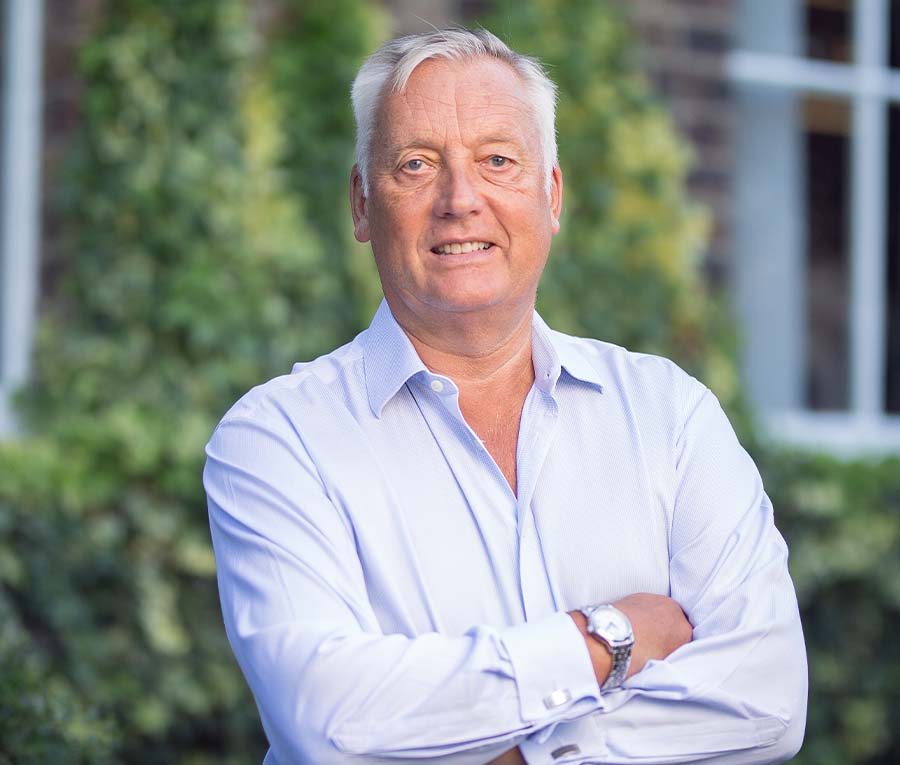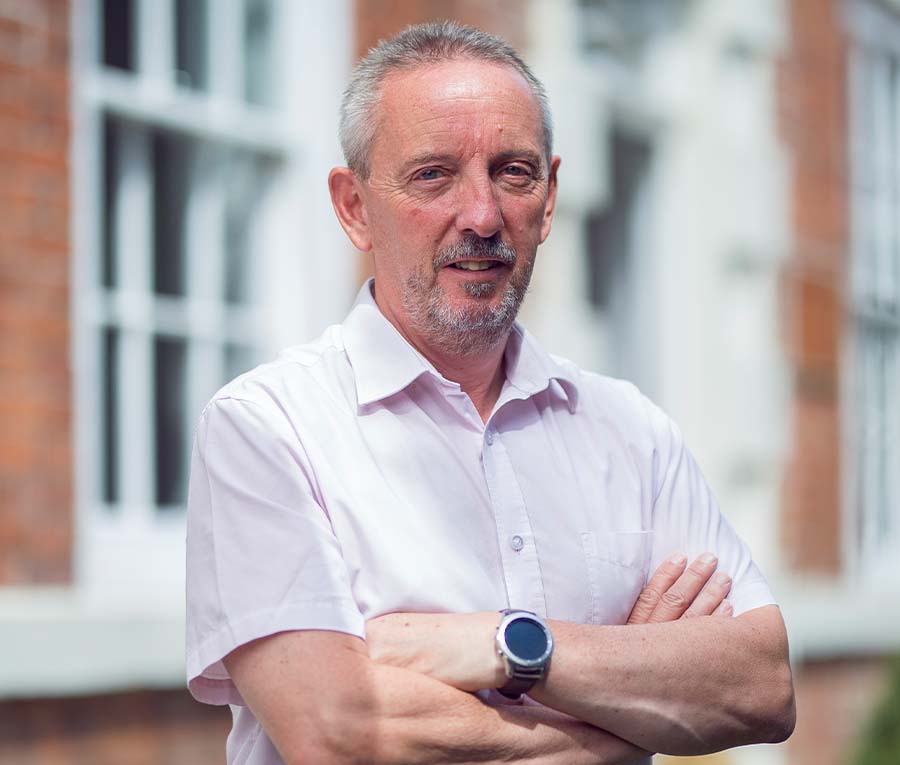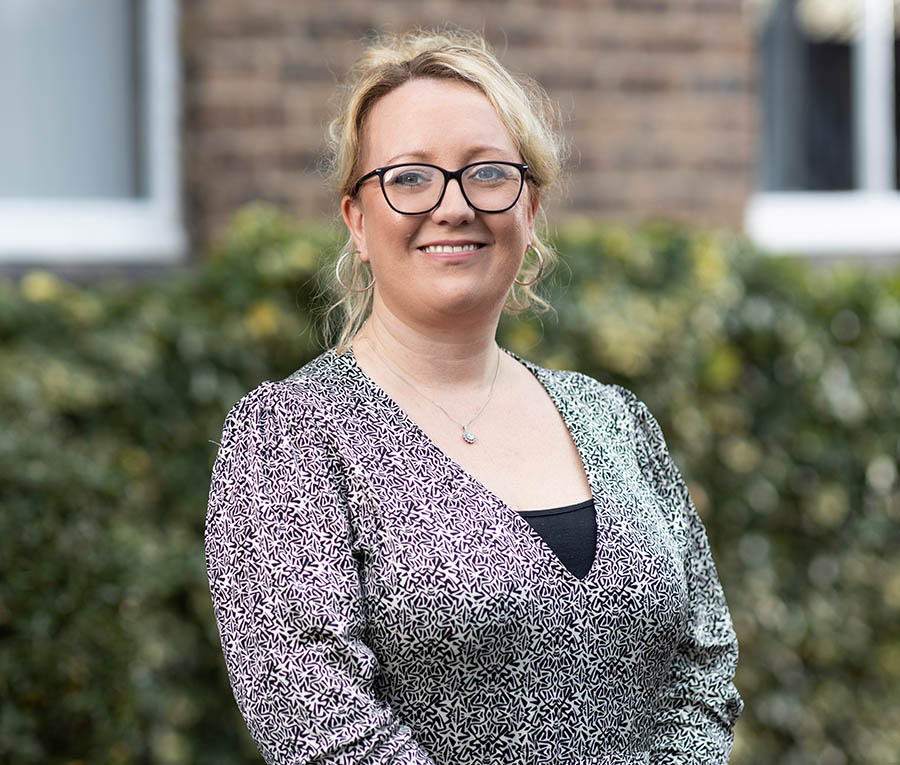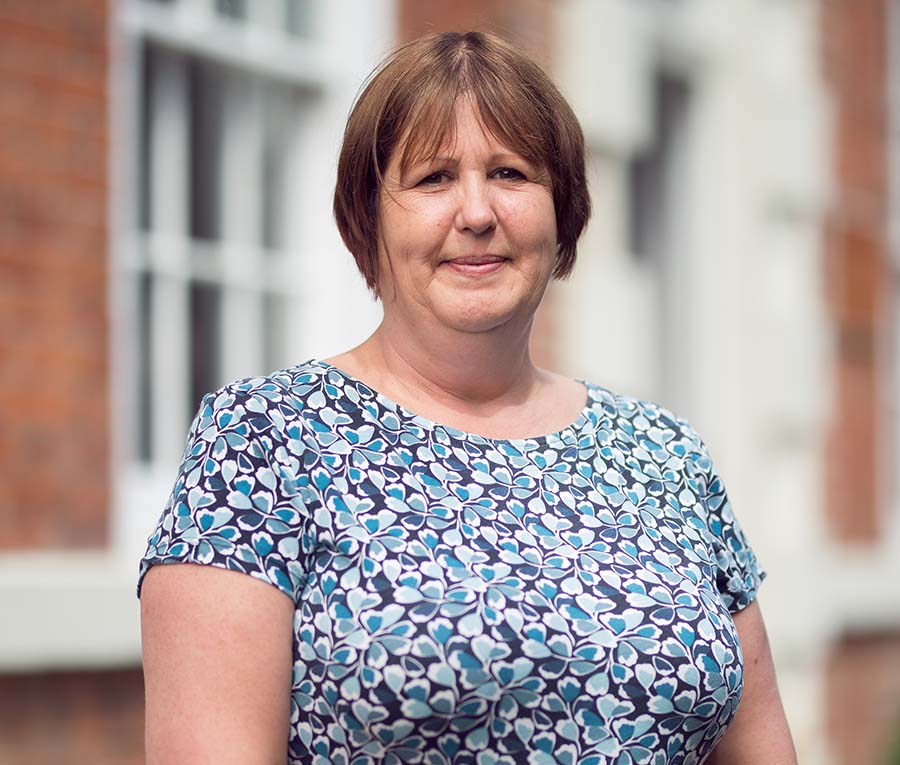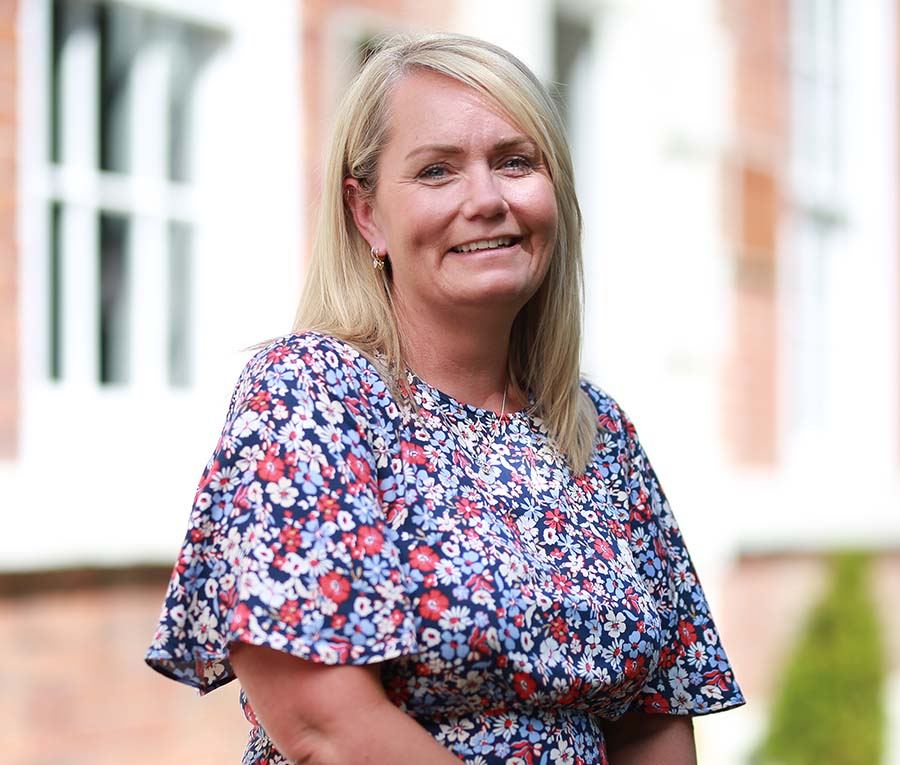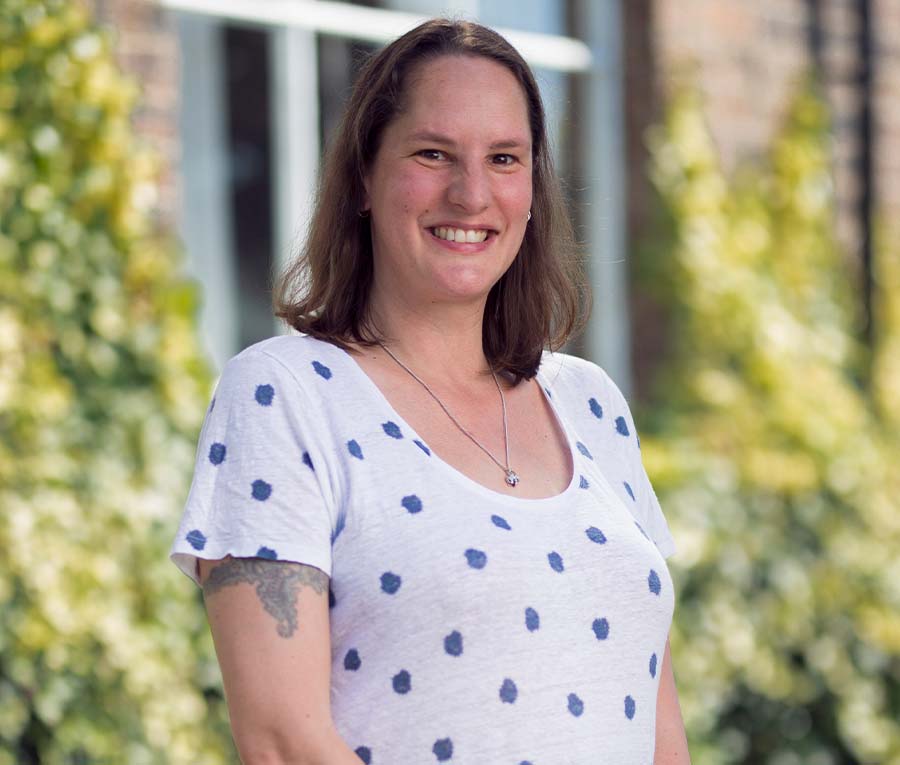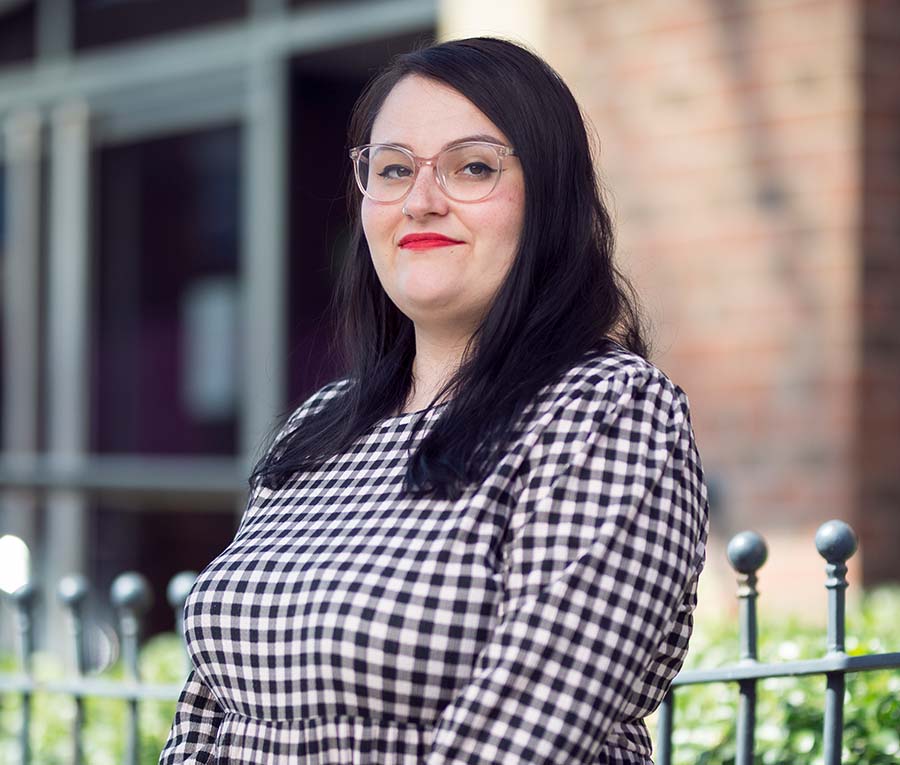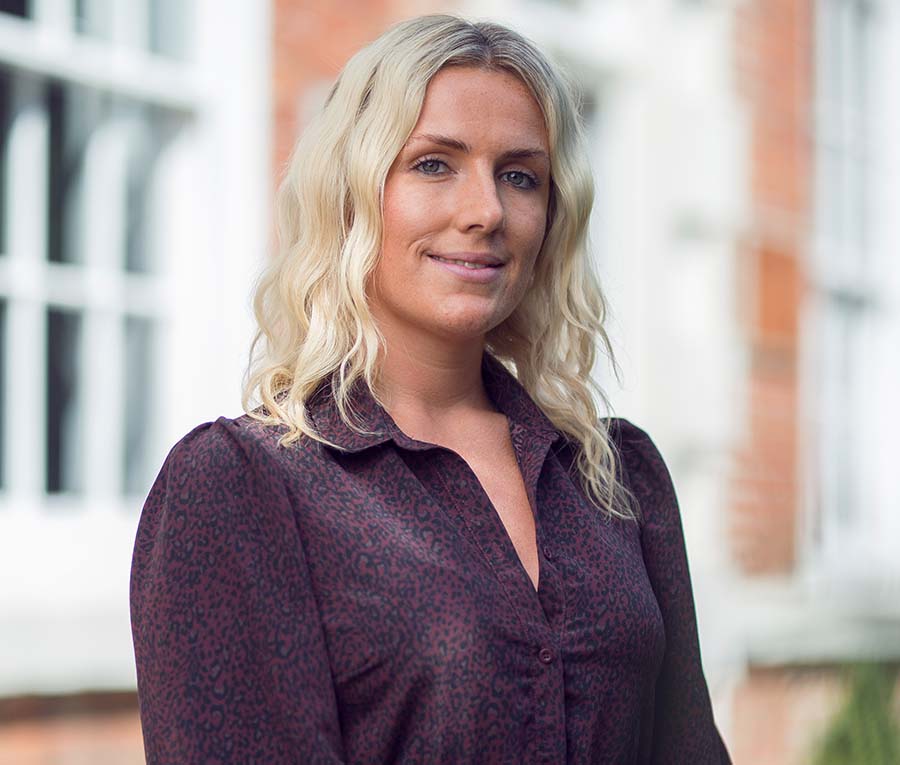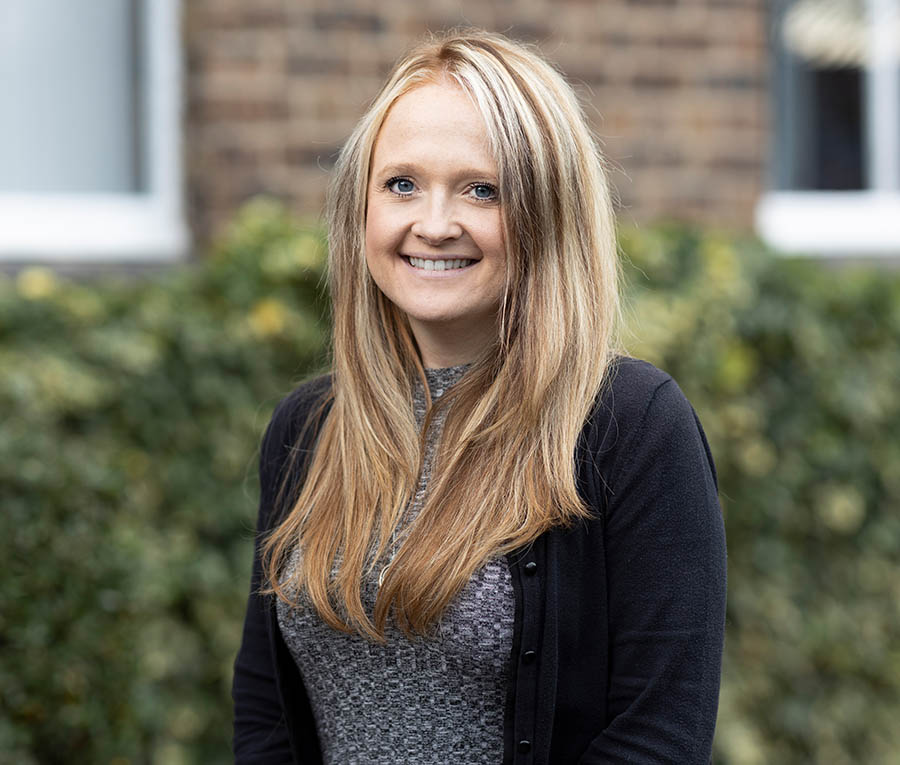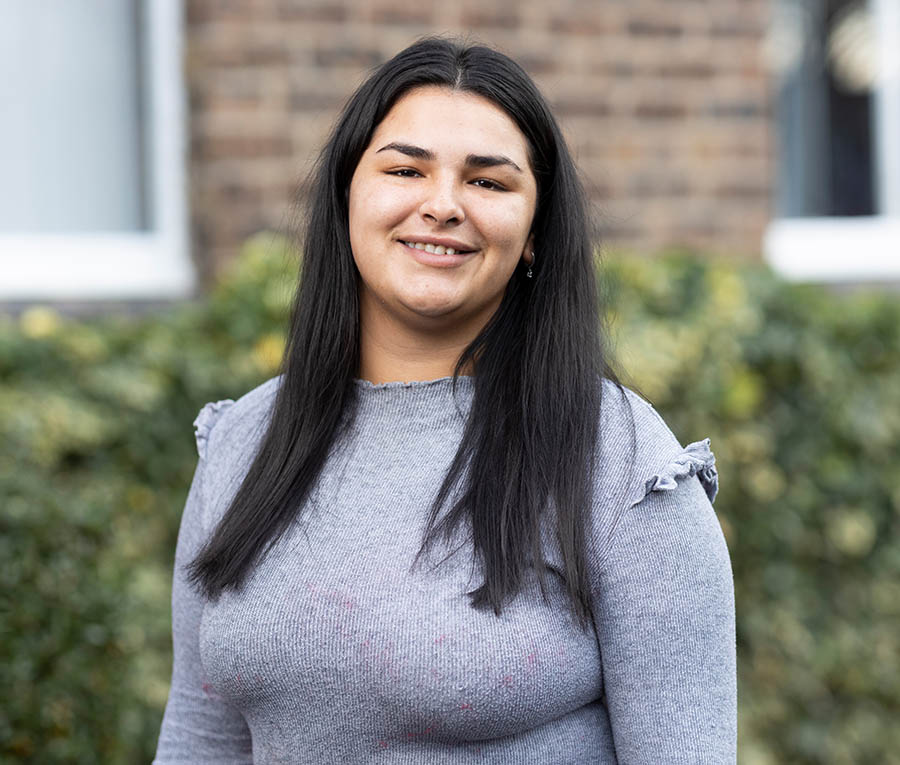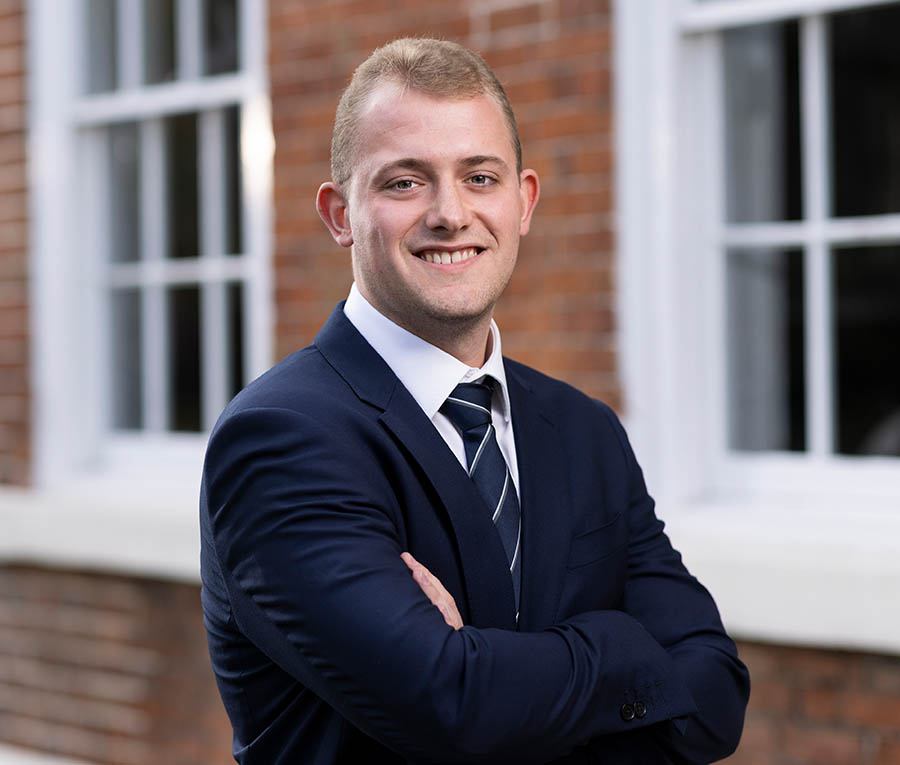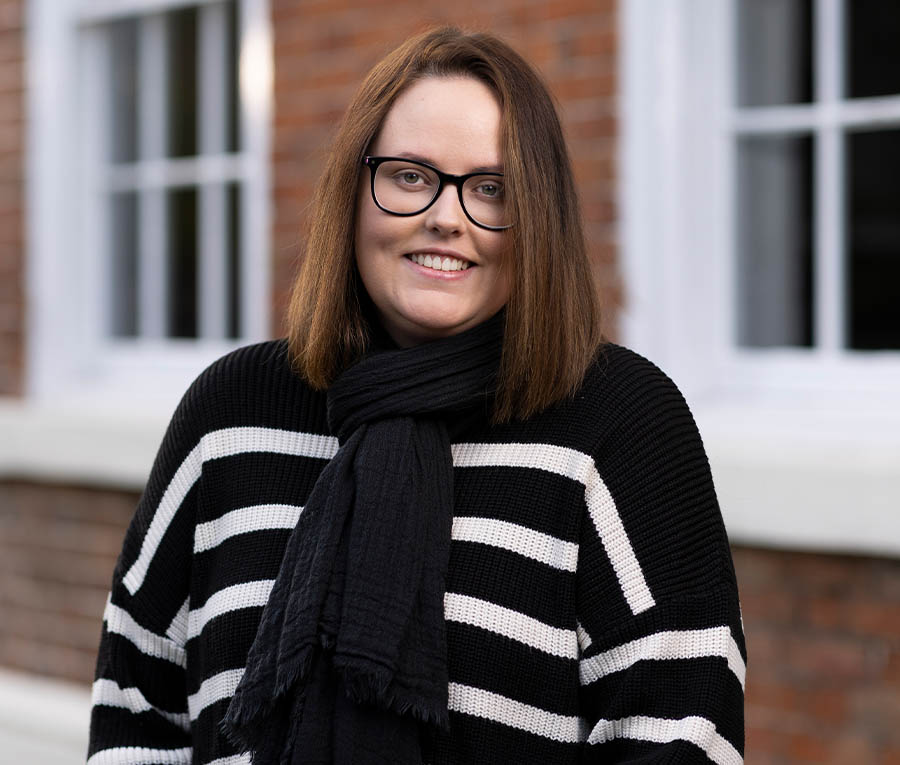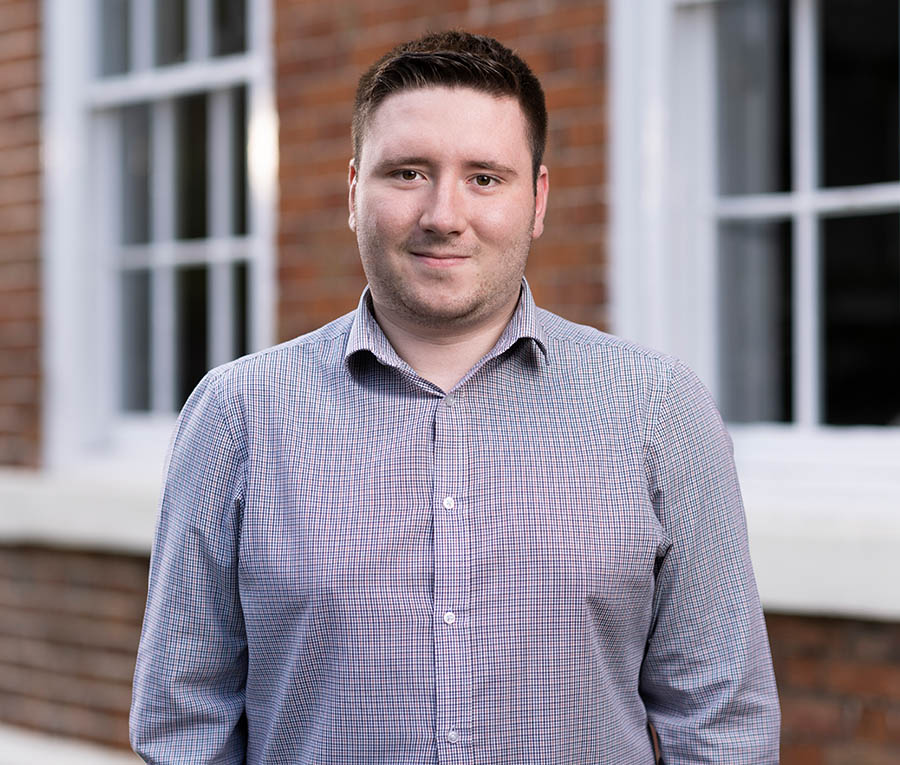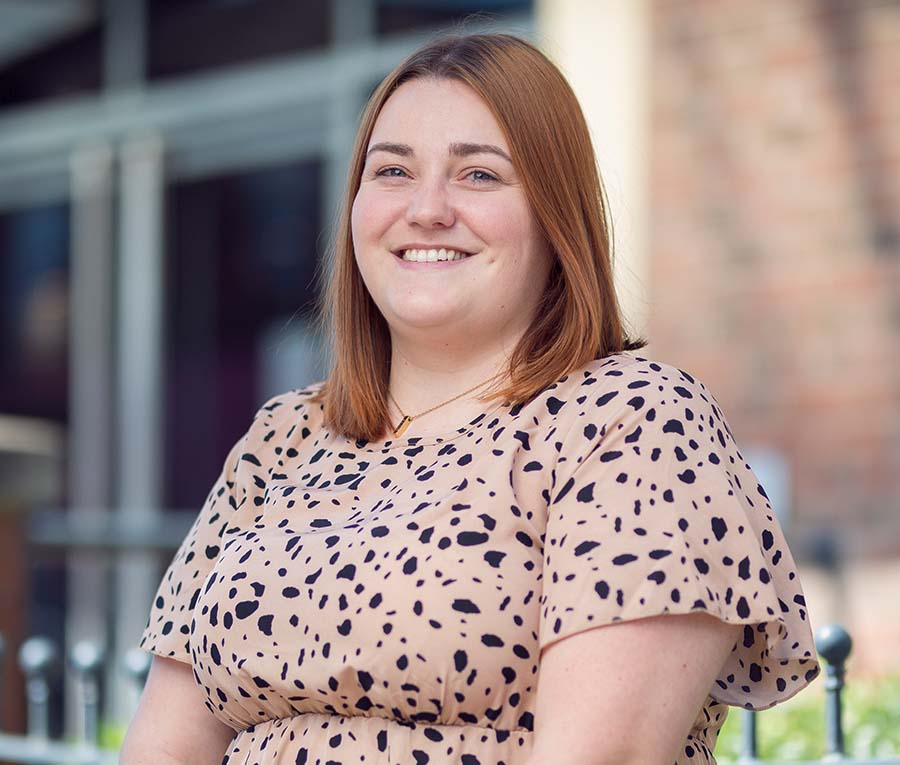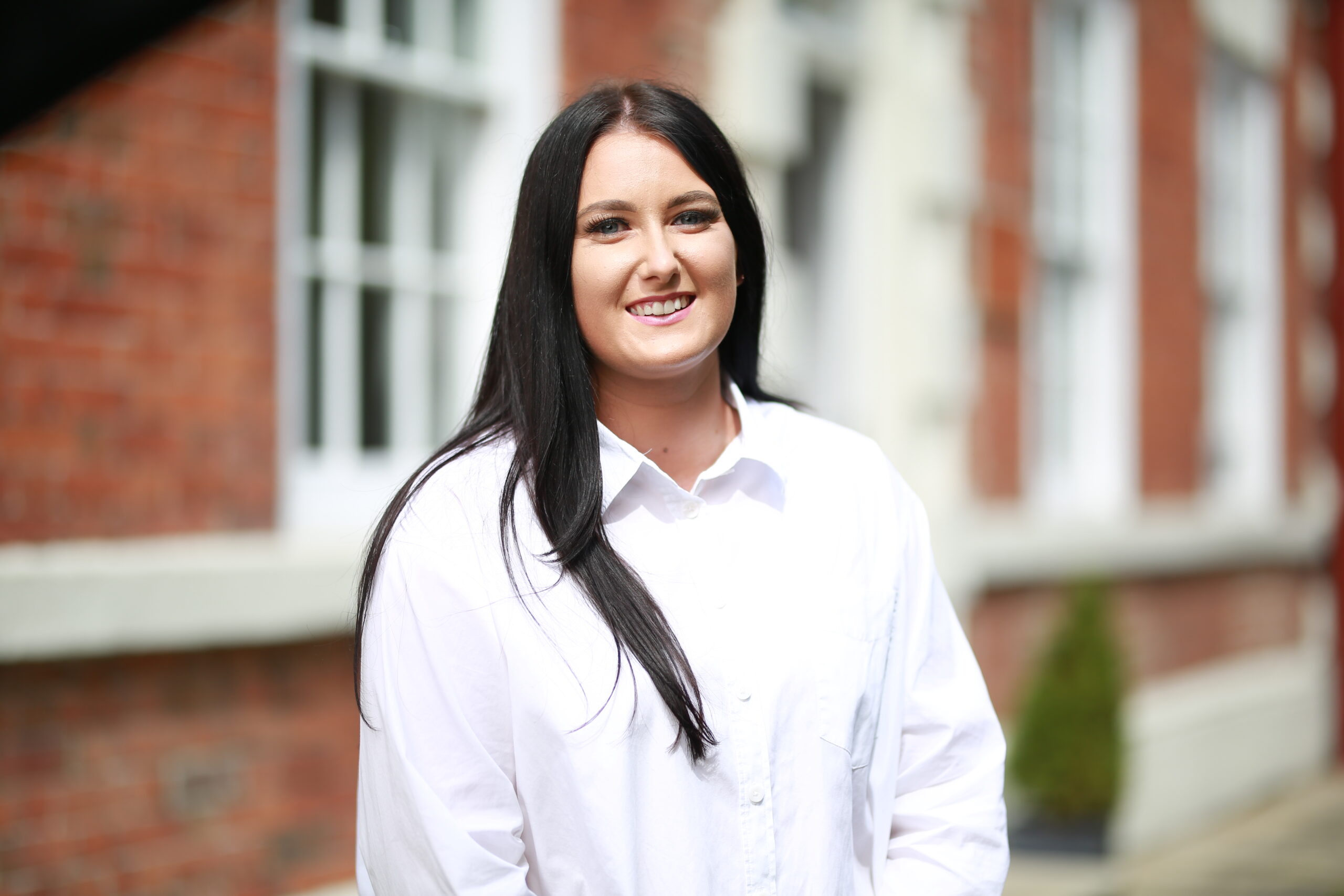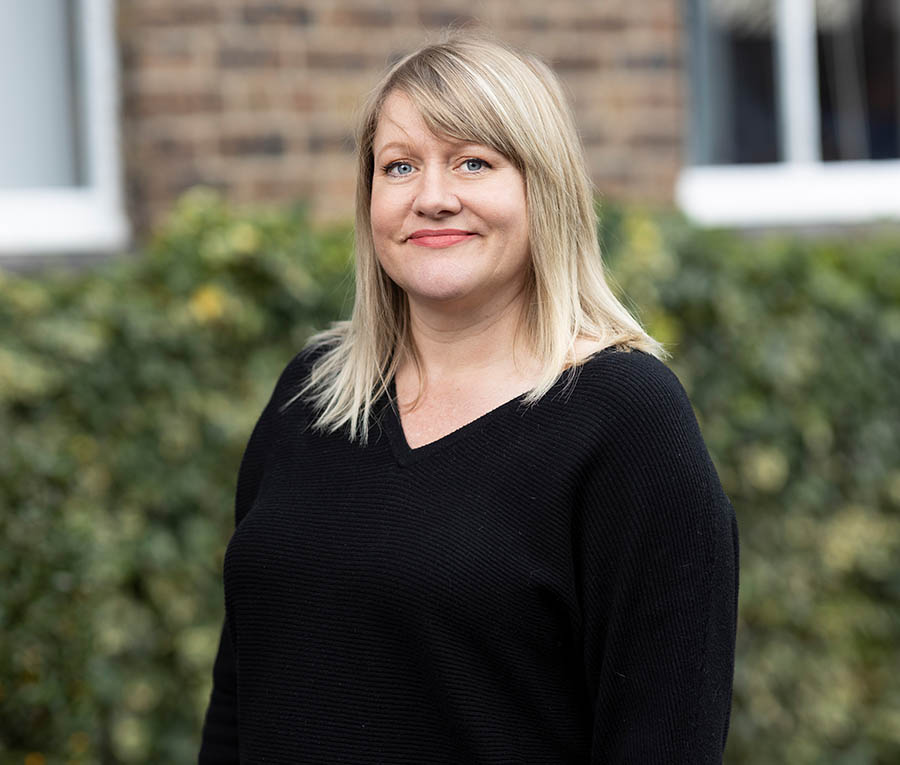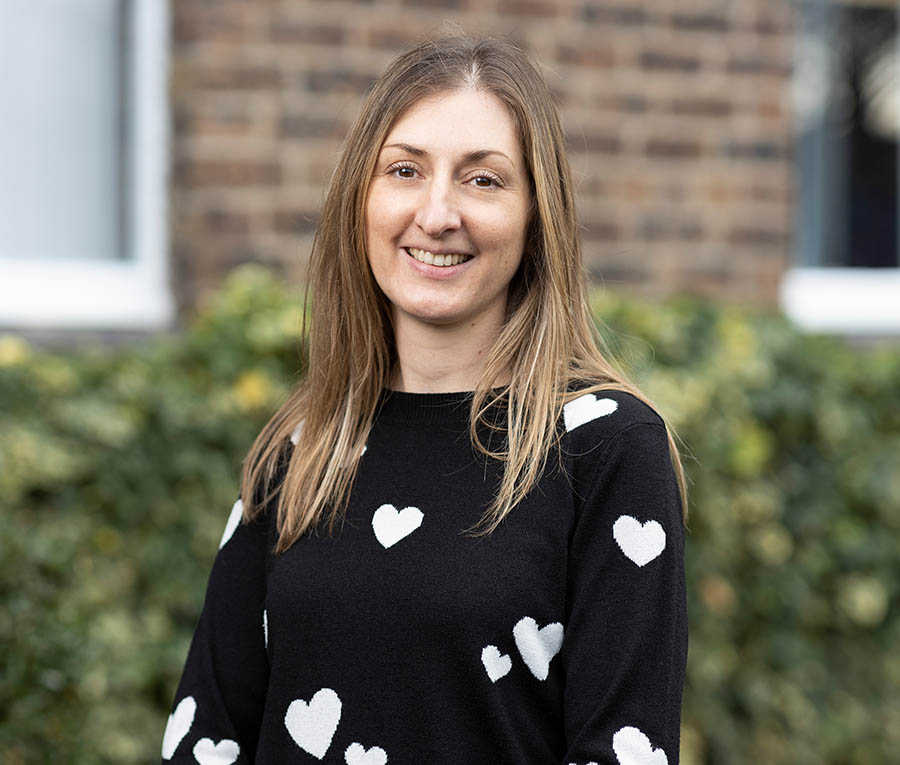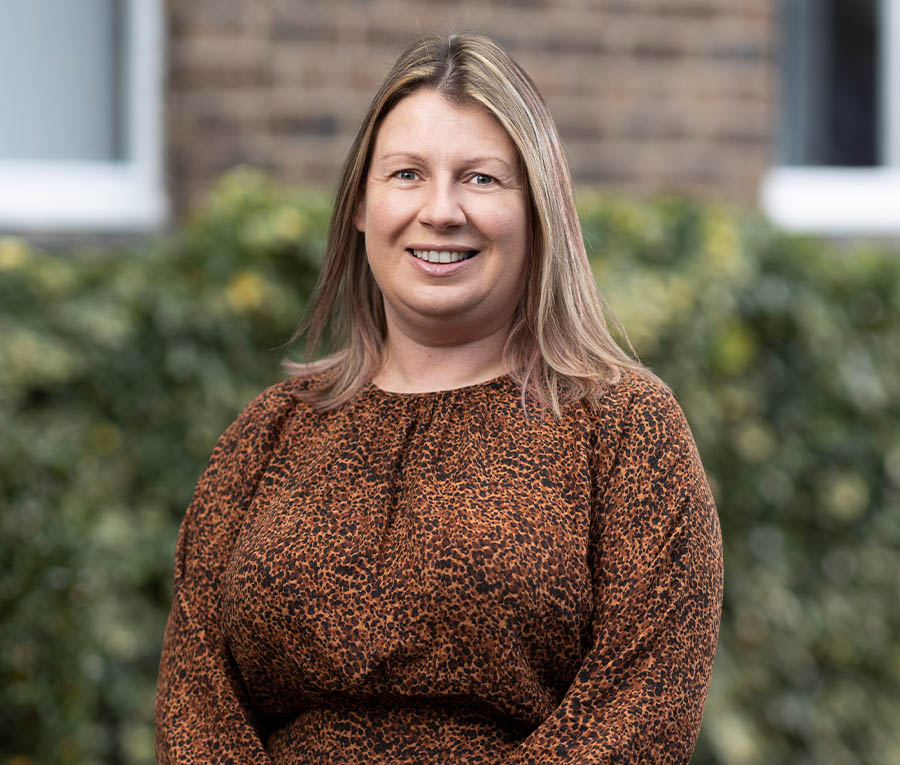The process of buying a house
When you purchase a property, you are legally required to go through the conveyancing process where a lawyer (also known as a conveyancer) will process the transaction with the other side. They will ensure all legal requirements are met and all aspects of a property and its land are investigated.
To help you understand what happens during the conveyancing process and who is responsible for each element of the transaction, we have put together a guide to the conveyancing process for buying a property.
Costs
In any conveyancing process you will have to pay legal fees for the conveyancer’s work and also a number of disbursements. Disbursements are any expenses incurred by us on your behalf and will include searches and registration fees. To give you an idea of the costs we have detailed these on our conveyancing costs page.
There are also useful calculators provided by the government to help you calculate how much Stamp Duty Land Tax you will have to pay and what registration fees you will have to pay.
How our residential property and conveyancing solicitors and experts can help
We pride ourselves on our personalised service by offering you:
- A dedicated conveyancing solicitor or legal expert for whom you will have a direct telephone number and email address.
- Regular email, text or phone updates throughout the purchase, whichever is your preferred method of contact.
- A clear cost breakdown at the outset so that there are no hidden surprises.
- A promise to cut through the legal jargon and advise you in a language you can understand.
Above all else, we aim to make the process of buying a house/flat run as smoothly as possible and ease the stress involved with moving home.
Are you buying the property with another person?
If you are purchasing the property with a joint owner and want to specify who is contributing each amount to the purchase price, or the mortgage and other outgoings, a Declaration of Trust can express this agreement for you. We can help to put this together.
The process of buying a house
When you purchase a property, you are legally required to go through the conveyancing process where a lawyer (also known as a conveyancer) will process the transaction with the other side. They will ensure all legal requirements are met and all aspects of a property and its land are investigated.
To help you understand what happens during the conveyancing process and who is responsible for each element of the transaction, we have put together a guide to the conveyancing process for buying a property.
Costs
In any conveyancing process you will have to pay legal fees for the conveyancer’s work and also a number of disbursements. Disbursements are any expenses incurred by us on your behalf and will include searches and registration fees. To give you an idea of the costs we have detailed these on our conveyancing costs page.
There are also useful calculators provided by the government to help you calculate how much Stamp Duty Land Tax you will have to pay and what registration fees you will have to pay.
How our residential property and conveyancing solicitors and experts can help
We pride ourselves on our personalised service by offering you:
- A dedicated conveyancing solicitor or legal expert for whom you will have a direct telephone number and email address.
- Regular email, text or phone updates throughout the purchase, whichever is your preferred method of contact.
- A clear cost breakdown at the outset so that there are no hidden surprises.
- A promise to cut through the legal jargon and advise you in a language you can understand.
Above all else, we aim to make the process of buying a house/flat run as smoothly as possible and ease the stress involved with moving home.
Are you buying the property with another person?
If you are purchasing the property with a joint owner and want to specify who is contributing each amount to the purchase price, or the mortgage and other outgoings, a Declaration of Trust can express this agreement for you. We can help to put this together.





